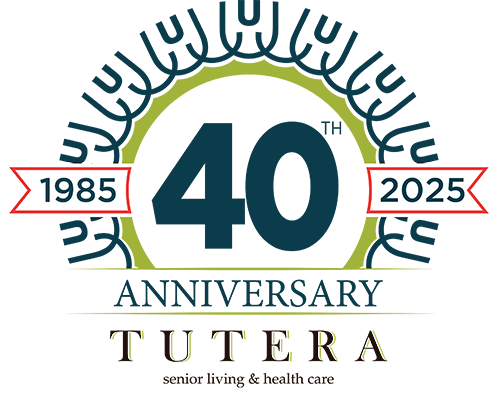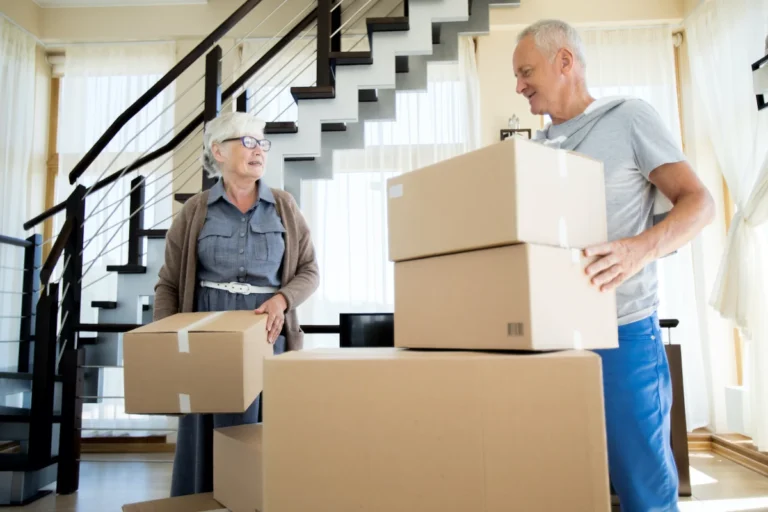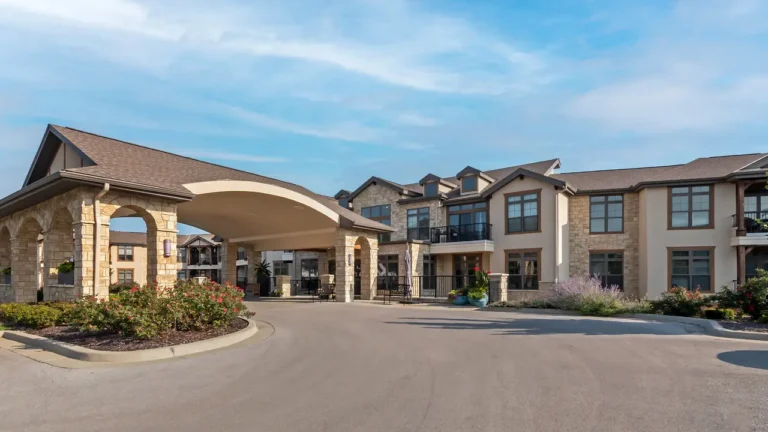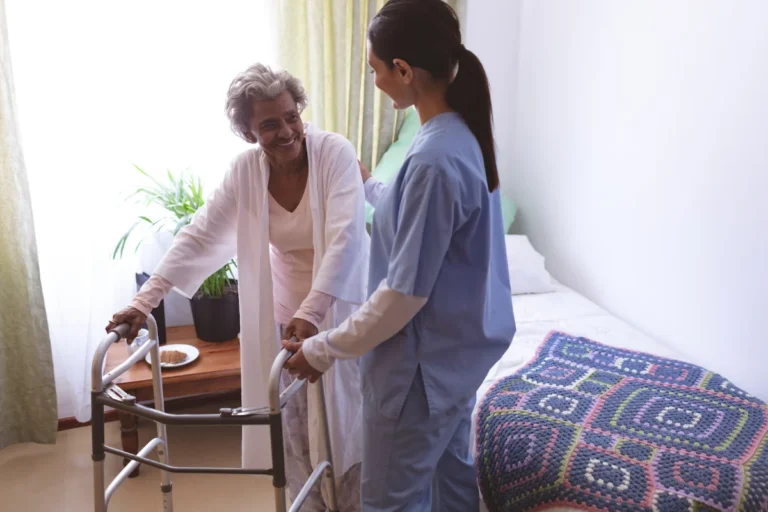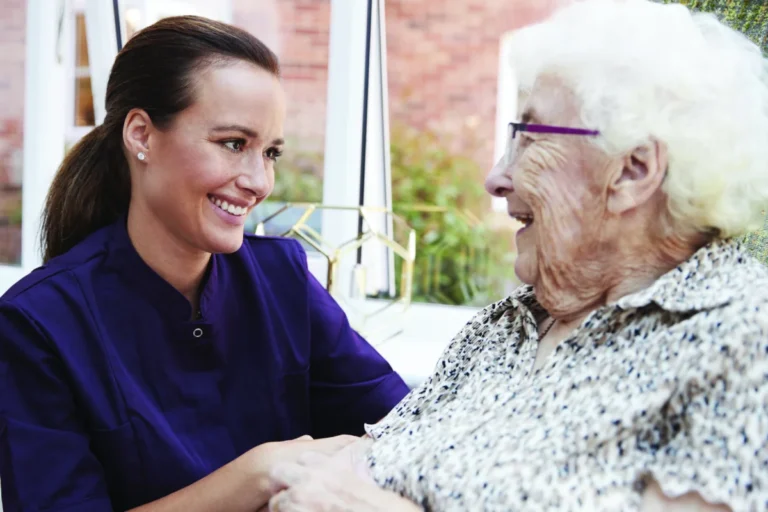The American Heart Association (AHA) and the American College of Cardiology redefined blood pressure guidelines in 2017; this was the first update in 14 years. Today, the AHA reports that a reading of 130/80 mmHg or higher should receive a diagnosis of high blood pressure. Also known as hypertension, high blood pressure affects nearly half of adults in the United States.
The goal of the new classification is to increase awareness about the dangers of high blood pressure and to improve treatment options for those with the condition. By diagnosing high blood pressure earlier, the medical community hopes to help prevent more heart attacks and strokes.
Often called the “silent killer,” high blood pressure can present with no noticeable symptoms. A person may not even realize they have high blood pressure until they experience a serious problem with their kidneys, brain or heart. Luckily, making the right lifestyle choices can help to lower blood pressure. But, are there seasonal risks that can impact blood pressure? What is the relationship between temperature and blood pressure?
How Temperature Affects Blood Pressure
It can be tempting to spend many hours outdoors when the temperatures rise and the sun comes out. However, exposure to excessive heat can be dangerous for many seniors, especially those with certain medical issues or who are taking certain medications. But what is the effect of temperature on blood pressure?
Actually, cold weather is more likely to raise blood pressure in seniors than warm weather. This is because cold temperatures constrict the arteries, which means people need more blood pressure to get blood flowing; people tend to have lower resting blood pressure readings in the summer and higher numbers in the winter.
However, seniors with hypertension are not out of the woods in the summer months. If a senior takes medication for high blood pressure, he or she could be at risk for sun sensitivity. And, for seniors over the age of 65, there are other risks to be aware of in the summer heat:
- Seniors are often less able to adjust to sudden temperature changes.
- Hot temperatures cause an increase in blood flow to the skin, which can lower blood pressure; low blood pressure in seniors can cause dizziness, falls, dehydration and fainting.
- It is more likely that older adults have chronic conditions and take medications that can affect the body’s ability to control temperature.
How to Manage High Blood Pressure
For seniors with high blood pressure, there are lifestyle changes that can positively impact blood pressure numbers any time of year. Here are some ideas to try:
Maintain a healthy weight.
It is common for blood pressure to increase as body weight increases. Even just losing a small amount of weight can have a positive effect on blood pressure! During the summer months, it is best to rely on a diet heavy in light, healthy foods, like berries and fruits, and to drink plenty of water.
Exercise.
Engaging in physical activity for at least 30 minutes per day most days of the week can reduce numbers for seniors with high blood pressure. Exercise lowers blood pressure by reducing blood vessel stiffness so blood can flow more easily. Regular exercise is also a great way to maintain overall health and reduce risk of developing hypertension later on.
Limit alcohol and caffeine.
Some studies indicate that drinking alcohol in moderation can actually help to improve blood pressure. However, drinking alcohol in excess (more than one drink a day for women and two drinks a day for men) can increase the risk of hypertension and reduce the effectiveness of blood pressure medications. Caffeine can cause a spike in blood pressure for people who rarely consume it; for regular coffee drinkers, caffeine is unlikely to have much impact.
Eat a low-sodium diet.
One of the natural ways to lower blood pressure is to reduce the amount of sodium consumed as part of a daily diet. Sodium reduction can lower blood pressure up to 6 mmHg for those with hypertension. Team members at assisted living communities, such as the communities that are part of Tutera Senior Living & Health Care, are able to create specific menus for residents with low-sodium needs to help support their health goals. For seniors who are working to reduce sodium in their diet and who are looking for foods to lower blood pressure, here are a few ideas:
- Eat fewer processed foods
- Do not add salt to meals
- Eat potassium-rich foods
- Start with small changes
- Drink plenty of water
- Read food labels and make smart choices
Stop smoking.
Blood pressure rises for several minutes after each cigarette is smoked. Quitting smoking can improve overall health, including reducing blood pressure, eliminating spikes in blood pressure and reducing the risk of heart disease.
Reduce stress.
Chronic stress is a contributor to high blood pressure in seniors. Take some time to identify what is causing stress and to find healthy ways to react when stressful events occur. Many senior living communities have a variety of choices for activities to help reduce stress, including yoga, water aerobics and visits to the beauty salon.
About Tutera Senior Living & Health Care
Tutera Senior Living & Health Care supports the unique journey of every resident. Beginning with each resident’s YOUNITE Story, the entire team works to get to know each resident on a very personal level. At all our communities, ranging from independent living to rehabilitation and health care, the YOUNITE Story is the basis for building the best possible experience for each resident.
Each YOUNITE Story captures the life history of the resident, including their daily routines, friends, family, food preferences, hobbies, special moments and interests. This level of understanding allows the Tutera team to create a personal care plan and life enrichment program for the resident, while connecting that resident with team members dedicated to meeting their needs.
Want more information about Tutera Senior Living and our communities? Contact us today so we can answer your questions, share our insights or set up a tour! Want to find the Tutera community closest to you? Try our location finder tool and explore your options online!
